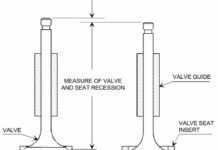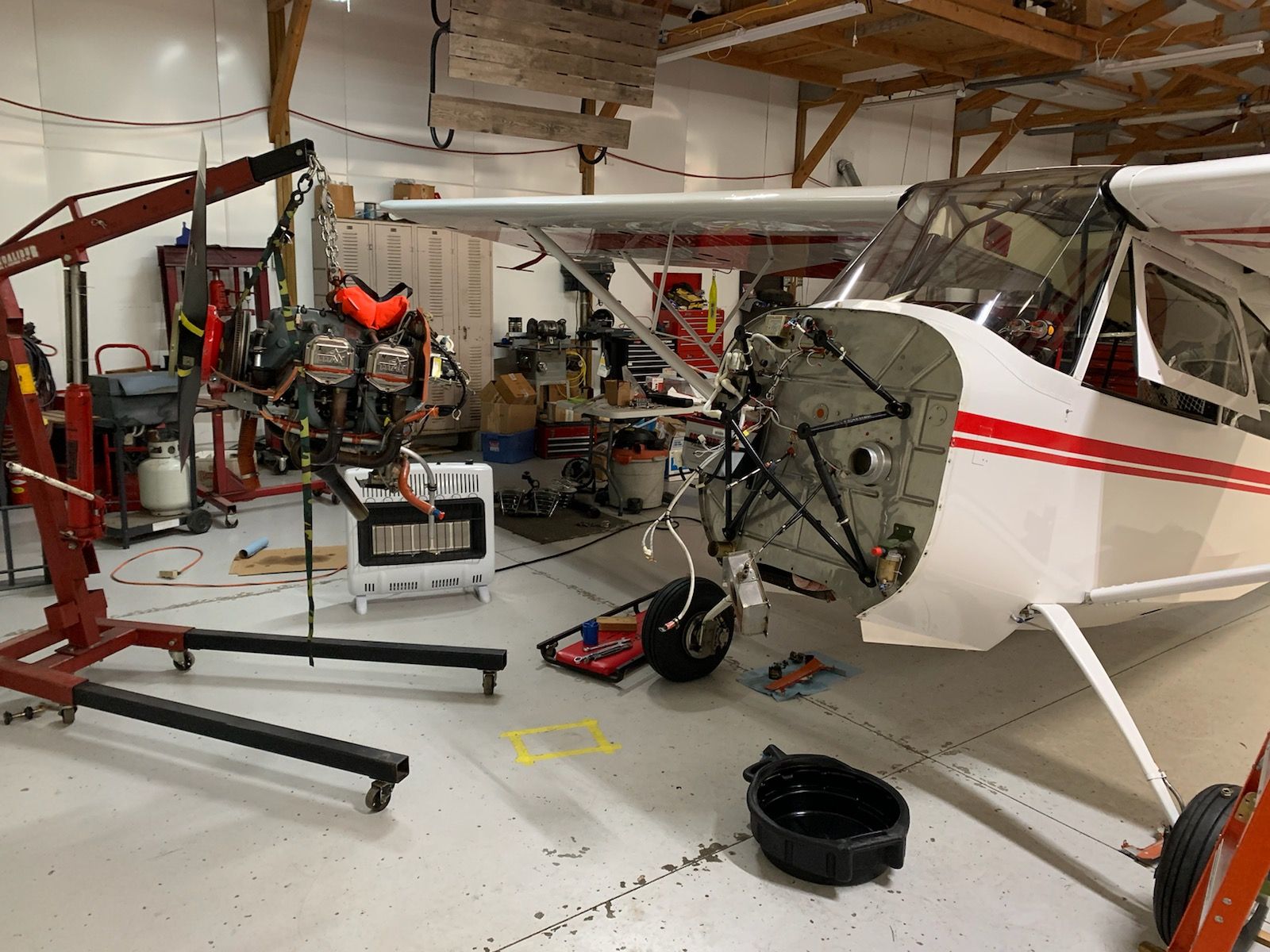To Dream The Irrational Dreams
There are always the facts that: one, it’s available on short notice when you want it (shop time notwithstanding). Two, you don’t have to have it back at a specific time regardless of weather. And three, you have a better idea of the maintenance history and condition of the plane. (A Cherokee 6 in my case.) Definite advantages if you are willing and able to pay for them.
John Worsley
The disappointment that is so common among aviators is quite simple. Flying airplanes, and owning airplanes, are two completely unrelated activities. Once that simple truth is discovered and embraced, euphoria lurks around every corner.
YARS
As a relatively new pilot (2 years), but not young pilot (65), and a relatively new owner of a Cherokee 6 (1 year), I can concur that renting is definitely cheaper, even at the nearly 100 hours a year I log. However, nothing beats the pride of ownership of your own plane.
I am though constantly reminded by something my father told me years ago, “Son, if it flies or floats, rent don’t buy.” there was a third F he had in there, but I will leave it out of a family publication.
Martin E.
Accident Probe: How High Will It Go?
Be careful about stating an absolute altitude. Some people can have high blood oxygen for a while at a given altitude for a given period, but over time O2 concentration in the blood slowly decreases. For me, 8000 MSL is critical. If I am at this altitude for extended periods, I have observed that my O2 is at or above 95% initially, but after about 2 hours, it decreased to less than 90%. There is a slow ramp-down of O2 in my case, and I suspect for most other people. How fast this ramp down occurs likely depends on individual physiology, the elevation at which a person lives, etc.
For me, using supplemental O2 on long flights above 5000′ makes me feel a lot better at the destination. Feeling better means less headaches and less irritability. Also, consider that low blood O2 concentrations affect night vision.
Dr. Z.
[…]So much of the hypoxia data used by the FAA is very old WWII vintage stuff based on experience with a large pool of young, healthy recruits. Newer studies point to much broader variability among pilots’ individual response to hypoxia. Some pilots, perhaps due to age, fitness, fatigue level, duration of flight, and general health, etc. may find themselves vulnerable at much lower altitude than the existing guidelines would suggest. For example, early childhood asthma, sometime subclinical and previously undiagnosed, can lead to such vulnerability. No one expects to experience hypoxia at 5,000 but we are discovering that it can happen.
There are several useful steps to take:
1) Take the FAA’s physiological training to experience hypoxia for yourself in a safe environment so you will familiar with your particular response. It’s highly variable. Your vision may deteriorate before your lips turn blue, etc.
2) Get a pulse oximeter and use it in flight, both at night and day. They’re cheap and useful. They will help you discover and avoid your own danger zones.
3) Get O2 equipment. There are some highly reliable portable systems.
One the questions we all too frequently ask is why did that smart pilot do such a stupid thing. More and more often, the answer may be hypoxia.
Pete Brown
Employees At Aspen’s Atlantic Aviation FBO Get A Housing Boost
We have a vacation home in a much less desirable resort town, and similar problems are arising. Airbnb is catching most of the blame, but I think the reality is that Airbnb is exposing a fundamental problem in the economy. The effects of regulation and government on housing are now starting to look a bit like we have seen in aviation.
We have a whole lot of laws, regulations, and habits based on circumstances that no longer prevail. The rate of change now outpaces the ability of our institutions to react in ways we’ve just not seen before. In fact, the laws and regulations are getting exploited to create profits sometimes without really creating value.
It’s past time we re-examine all the rules and regulations with an eye for what they are supposed to achieve and whether they should be changed or scrapped. We need to watch out for the laws of unintended consequences while we are at it.
Eric W.
Reading The Sky
This is an excellent review Tim. As often as I look out of the cockpit, I always try to interpret what the clouds are telling me. This article is beneficial to those that have been doing this a long time and to those just getting their feathers wet.
David Piccone
Loved this. After 34 years in and out of clouds I still felt like I needed to learn more about weather. Keep these coming.
Joseph F. Craven



































